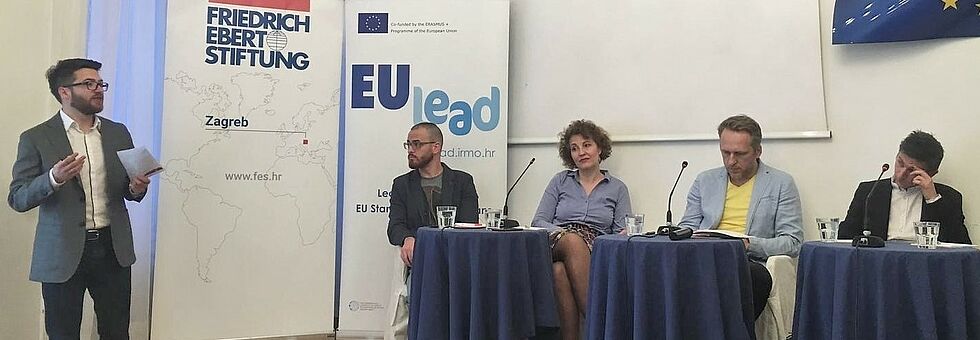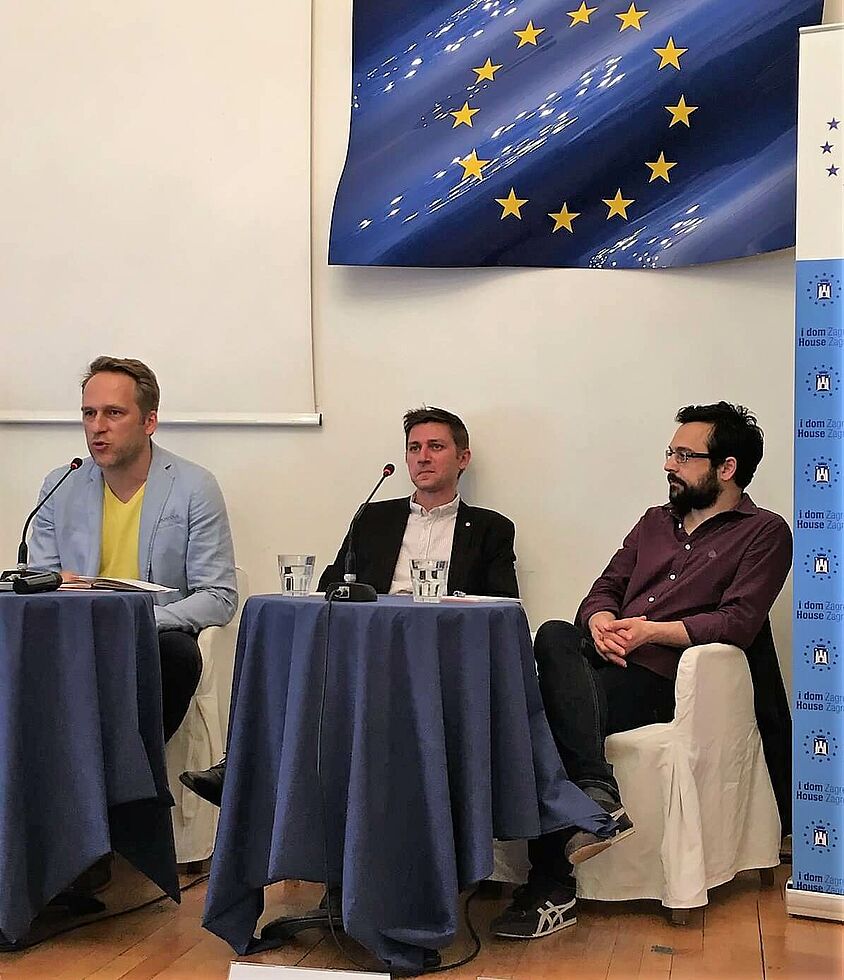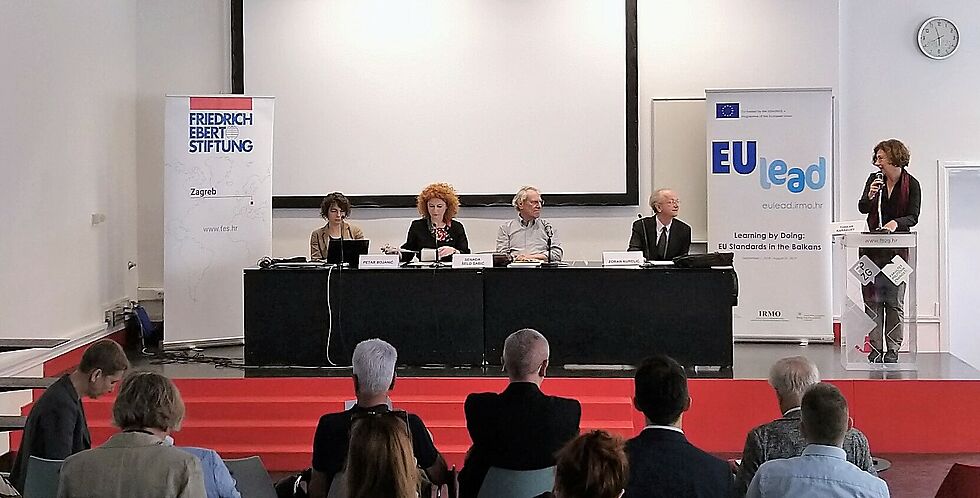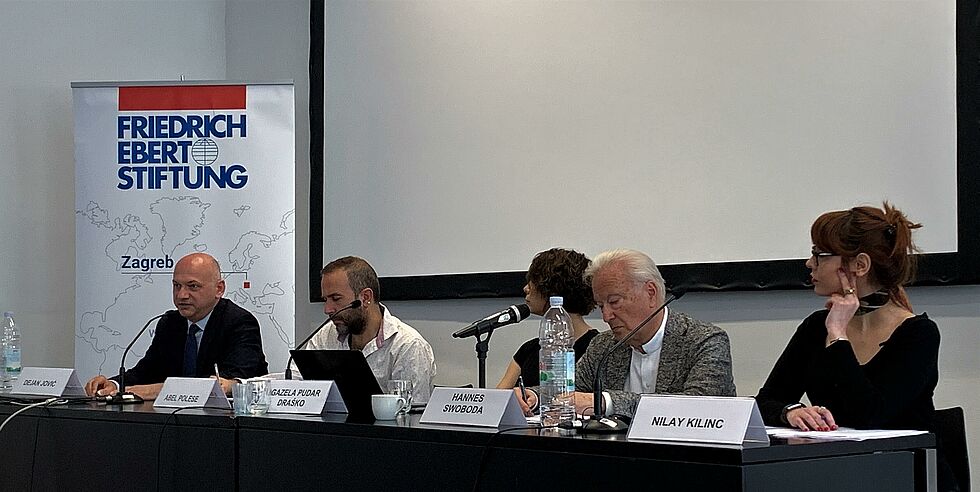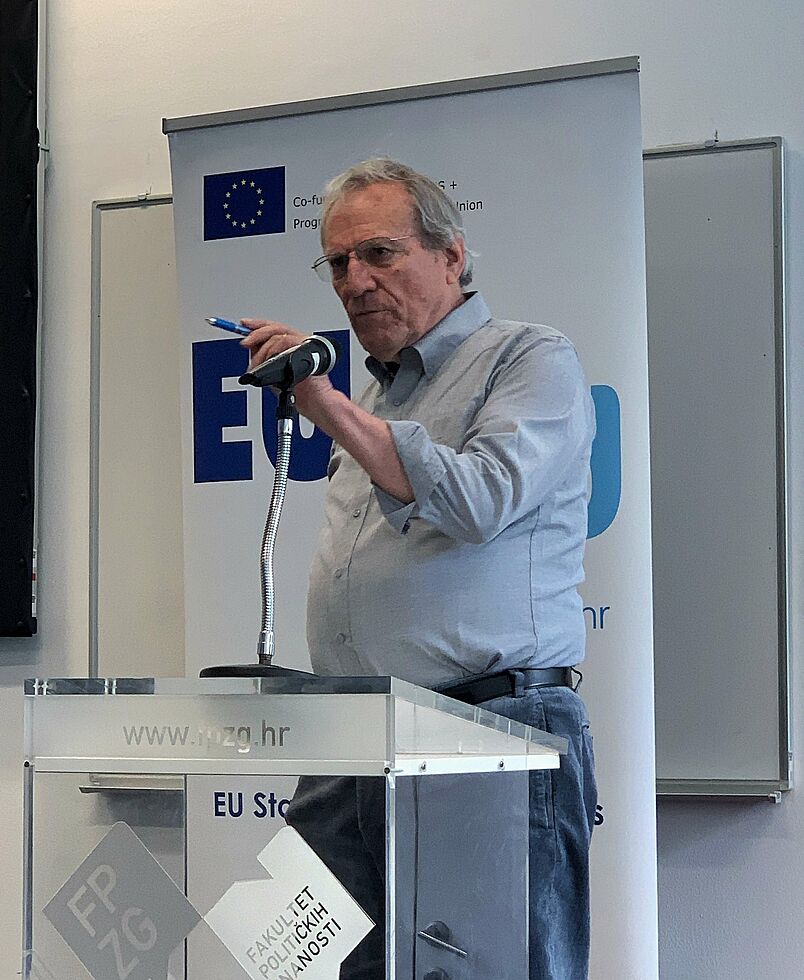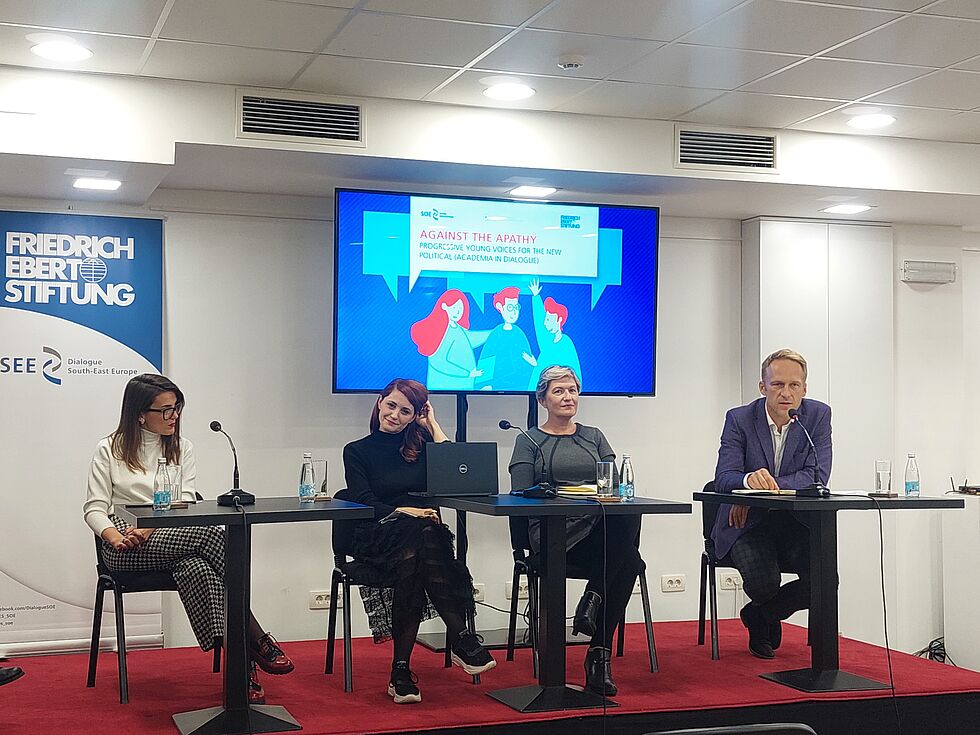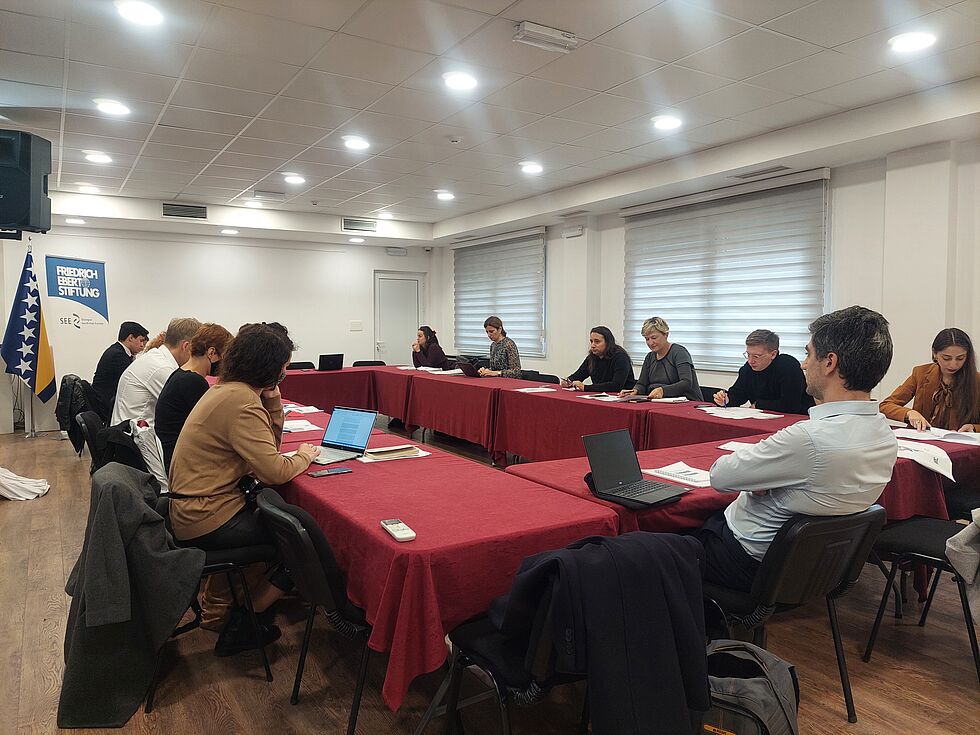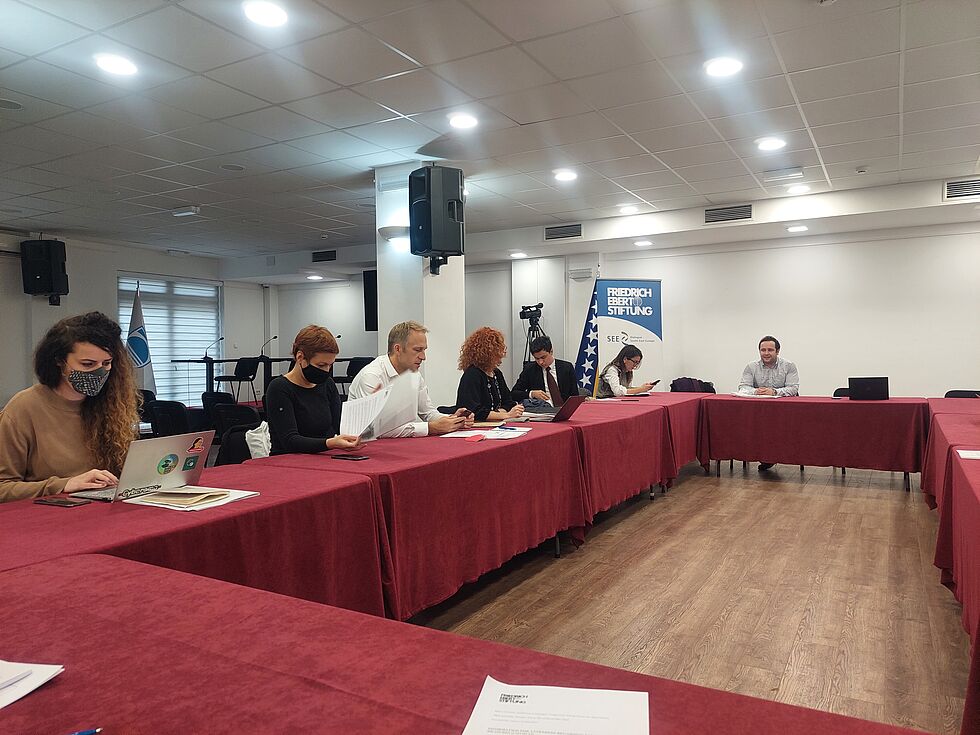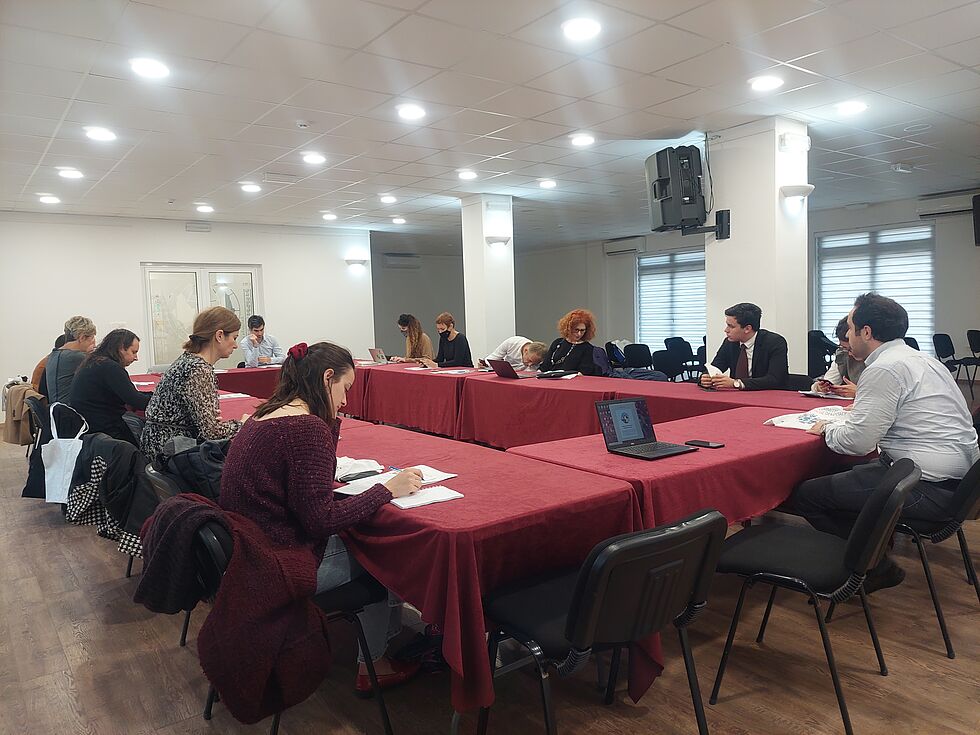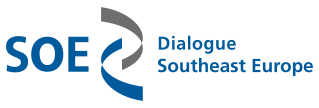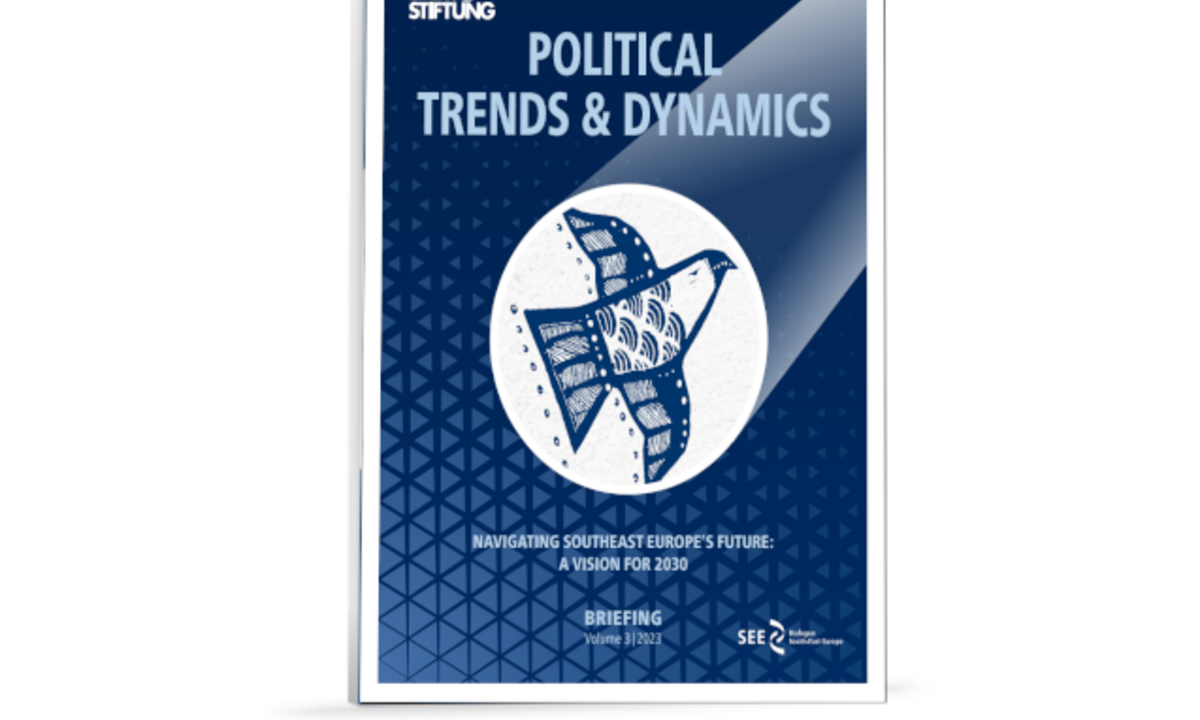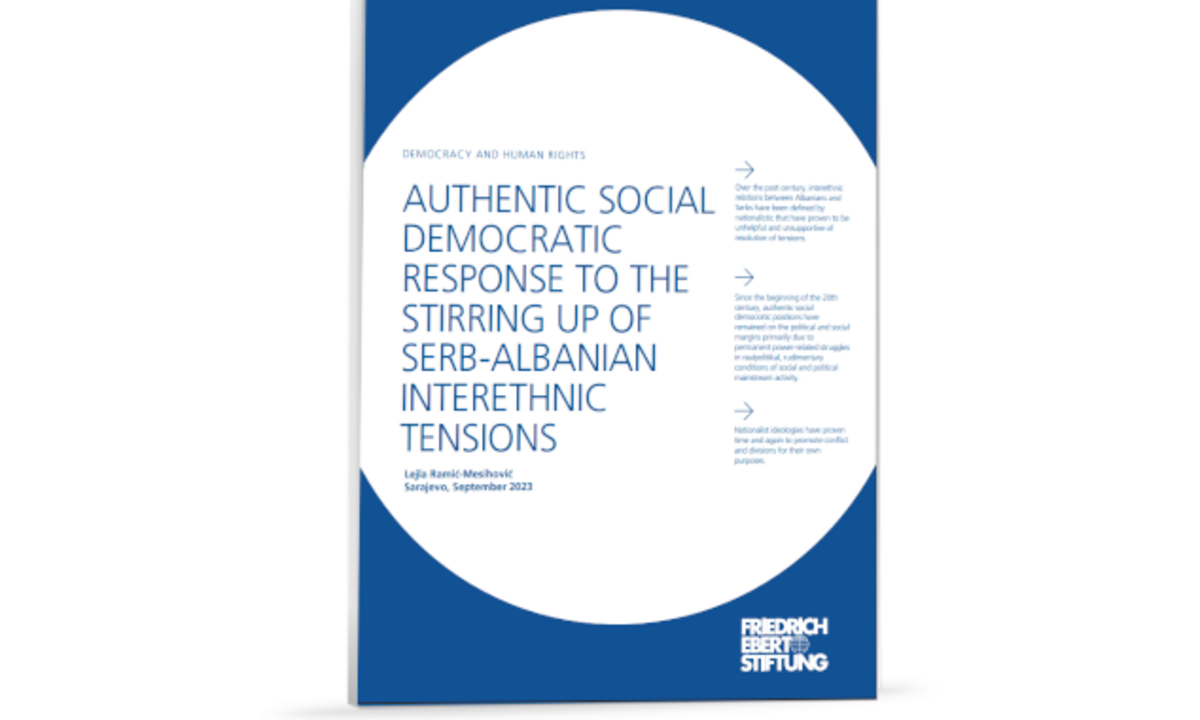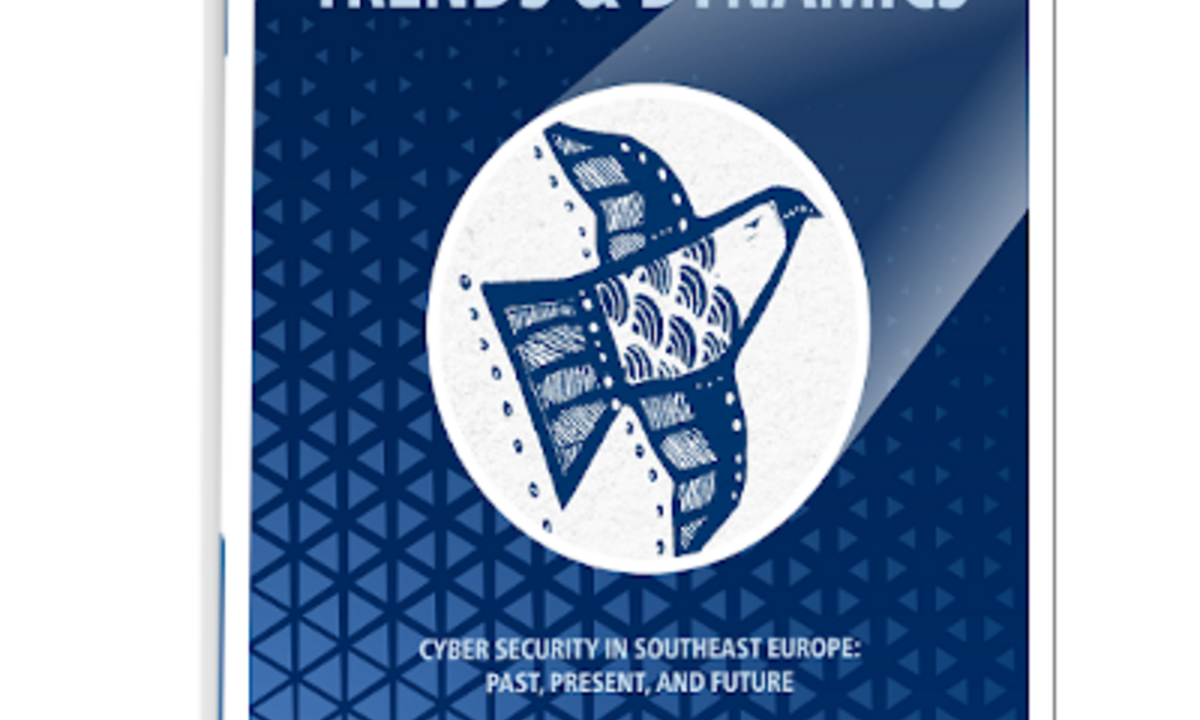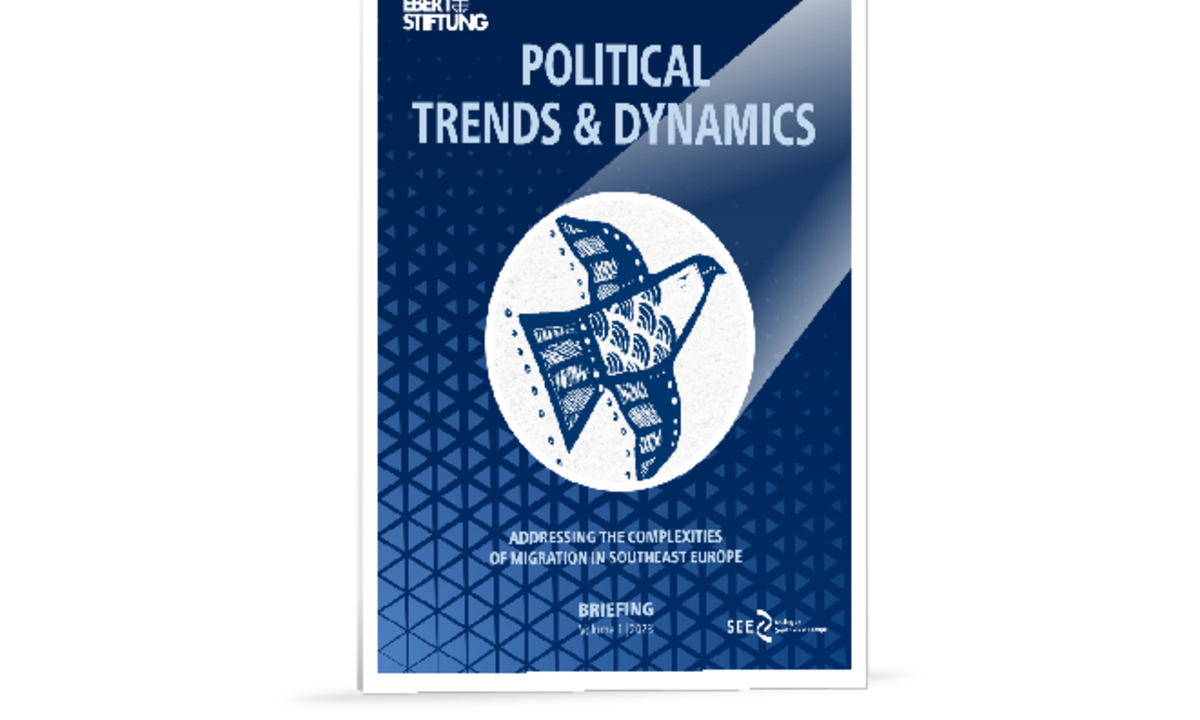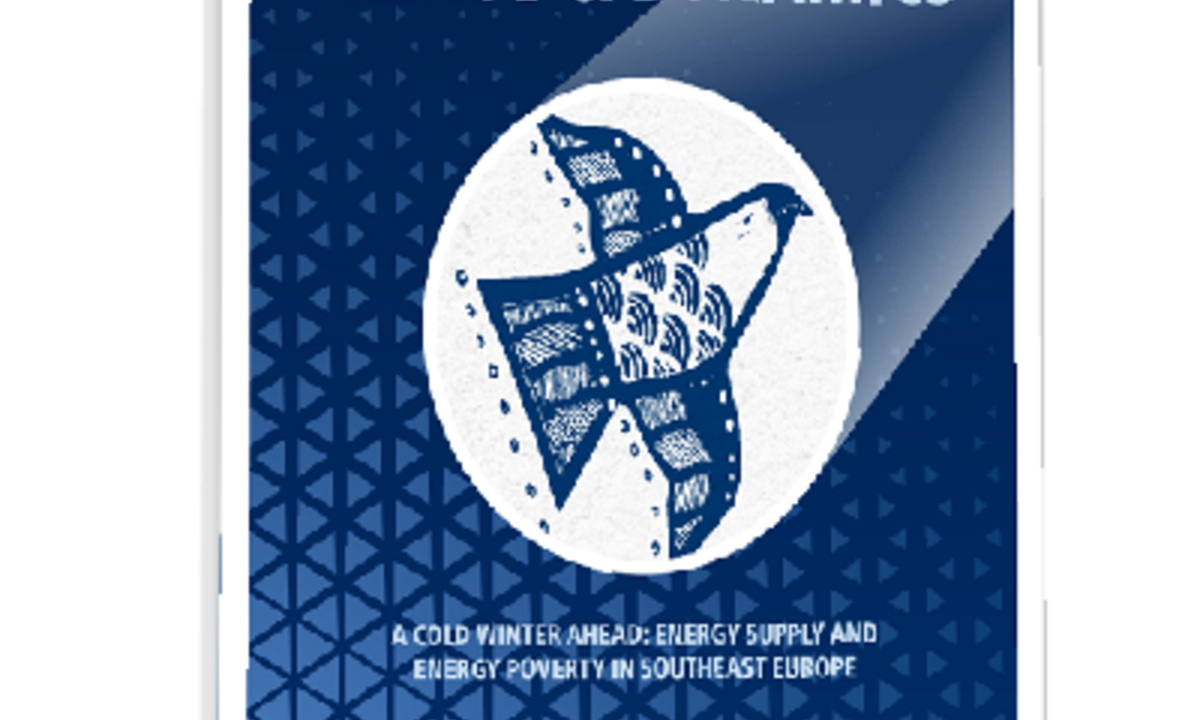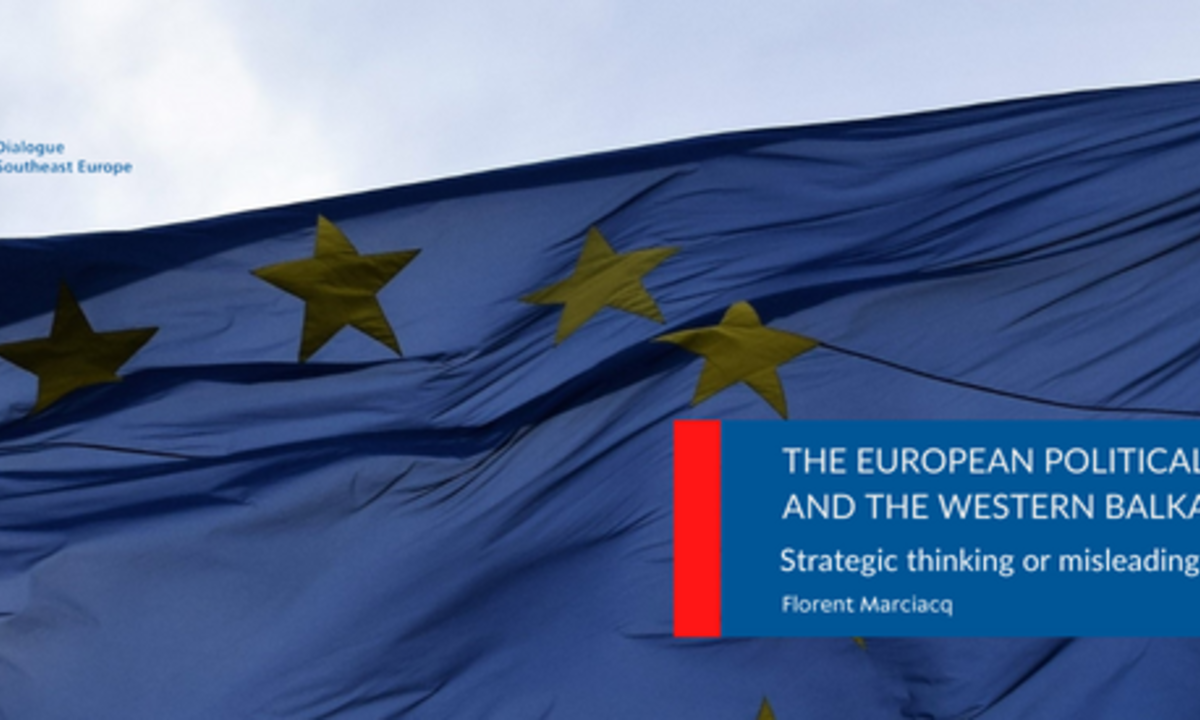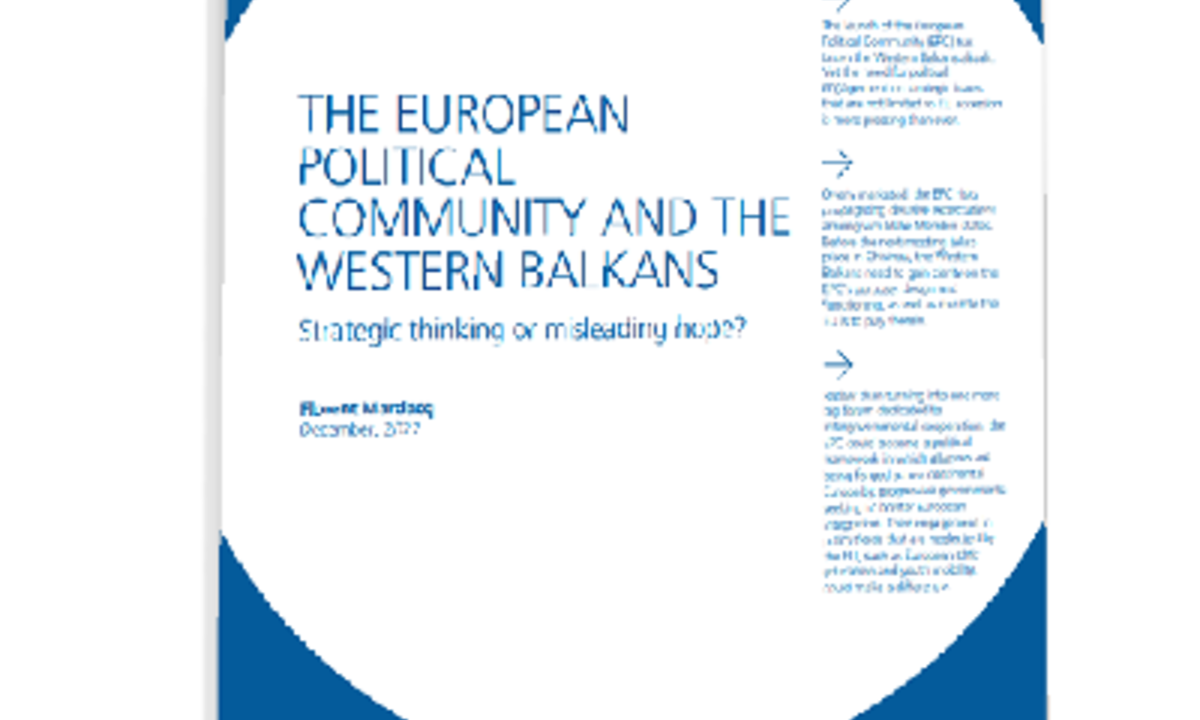Academia in Dialogue: Values at Stake – Revisiting Normative Horizons for Southeast Europe
This fifth event in a series, which is running since spring 2018, brought together around twenty representatives of academic and research institutions from throughout the region and beyond to discuss the questions of shifting normative horizons in Southeast Europe. The various panels attracted an additional fifty participants (decision-makers, representatives of public institutions, students) joining the debates. Overall, the workshop focused on reconsidering the power of the EU as a “normative empire” by looking into the historicity of the normative claims and discuss the current “normative market-place” in Southeast Europe.
The gathering was kicked off with a public discussion in Zagreb’s Europski Dom (Europe House) under the title “Can values unite us?”. The diverse panel gave a first insight into what constitutes values from an artistic, cultural, legal and political point of view. The discussion shifted quickly to questions relating to EU normative values and to what extent they influenced the region, by looking on both member and non-member states. There was an agreement that the EU negotiates with elites but not really with societies and that this deficiency creates democratic backsliding once the negotiations are over.
The beginning of the second day centered around the keynote address of Emeritus Professor Philippe Schmitter from the European University Institute in Florence, discussing the notion of populism and how it influences current political trends in Europe. Prof. Schmitter explained the notion of partidocracia and how populists exploit people that are fed up with politics. But he also underlined that European populism is not anti-democratic in its nature because populists do accept and adapt to the rules of the game. The other participants of the panel and the comments from the public connected the keynote address with current trends in the region and in Central Europe.
This was continued in the second panel of the day under the name “Reflecting SEE in Europe” whereby participants looked at the case of Turkey but also broader EU enlargement. There was a consensus that the EU cannot allow its narrative and its founding values being reinterpreted and reconstructed somewhere else, for example by media outlets financed by Russia. Although participants agreed that there is a crisis of the enlargement process, ideas such as conditional membership were mentioned by the panelists as a possible way out of the deadlock.
The final panel was held under the title “Values horizons in SEE – is there an end to particularism?” where participants discussed several case studies from the region. There was agreement that Croatia is backsliding in every aspect since the accession to the EU. Hence, EU accession should not be the end of the road for acceding countries. There was a notion that the narrative of the EU is changing, from a triumphal “return to Europe” at the end of 1990s and beginning of 2000s to “enlargement fatigue” post-2010. Moreover, there are competing third actors that are much less demanding than the EU. But there were also positive sides noting that the EU integration process is a window of opportunity for societies and that institutions created during the accession later serve as “safe-heavens” to those sticking to the foundational values of the European Union.
The conference concluded in a general agreement that the discussions highlighted important new perspectives on the issue and that a paper on Europe's normative horizons and their reach in Southeast Europe should be produced. The next meeting in the “Academia in Dialogue” format is scheduled to take place in autumn in Thessaloniki.
Friedrich-Ebert-Stiftung
Dialogue Southeast Europe
Kupreška 20, 71000 Sarajevo
Bosnia and Herzegovina
Team & Contact
Subscribe to our mailing list and receive our publications as soon as they are available: send us your contact info via info.soe(at)fes.de


